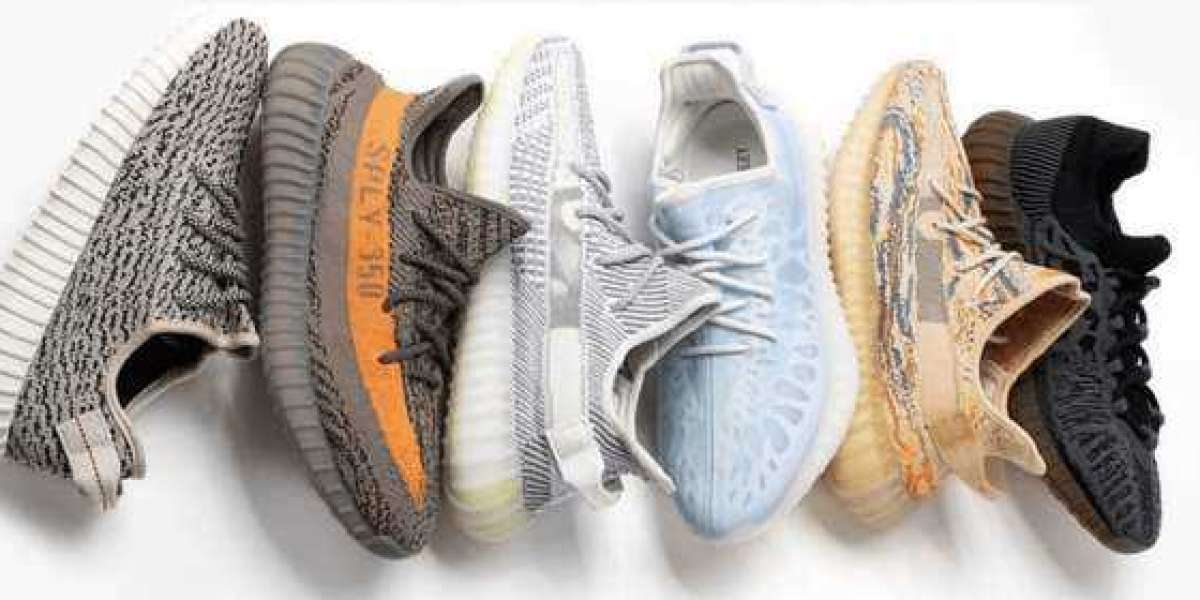Introduction:
In August 2014, the small town of Ferguson, Missouri, became the epicenter of a nationwide protest movement after the fatal shooting of Michael Brown, an unarmed black teenager, by a white police officer. The incident ignited long-standing tensions between the African American community and law enforcement, sparking a passionate and often volatile reaction. The Ferguson protests not only shed light on issues of police brutality and racial injustice but also brought about a renewed sense of urgency in addressing these systemic problems throughout the United States.
Details:
On August 9, 2014, Officer Darren Wilson shot and killed 18-year-old Michael Brown during an altercation. Eyewitness accounts of the incident varied, with some claiming that Brown had his hands raised in surrender, while others supported Wilson's claim of self-defense. As news of the shooting spread, the community's outrage began to grow, leading to spontaneous demonstrations. Protesters took to the streets demanding justice for Michael Brown and an end to the excessive use of force by the police.
Despite initial peaceful gatherings, tensions soon escalated. Local law enforcement met protesters with heavy-handed tactics, using tear gas, rubber bullets, and armored vehicles. These aggressive tactics stirred emotions further and attracted media attention, amplifying the protests on a national scale.
The unrest in Ferguson led to a broader dialogue about racial discrimination and inequality across the United States. The incident ignited similar protests in cities like New York, Los Angeles, and Chicago. Social media played a crucial role in spreading awareness and organizing demonstrations, with hashtags such as #BlackLivesMatter gaining momentum.
The Ferguson protests became a platform for both peaceful activists and opportunistic looters, who took advantage of the chaos to vandalize and steal from local businesses. Such incidents underscored the complexity of the situation and the need for comprehensive, constructive action. Public figures, including political leaders, celebrities, and athletes, joined the discourse, using their platforms to call for justice and an end to systemic racism.
The grand jury's decision not to indict Officer Wilson in November 2014 intensified the protests, leading to more clashes with law enforcement. However, the Ferguson protests had a lasting impact on the national conversation about police brutality and racial inequality. They prompted President Barack Obama to launch the Task Force on 21st Century Policing, which offered recommendations for police reform.
In retrospect, the Ferguson protests of 2014 powerfully shed light on the issues of racial profiling, police misconduct, and the systemic challenges faced by marginalized communities in the United States. They marked a turning point in the fight for equality and justice, sparking a movement that continues to this day.


